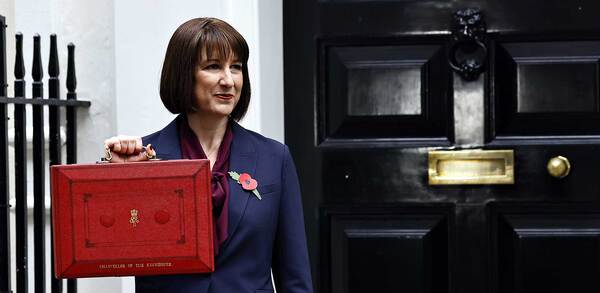Wake-up call: Combatting the skills shortage with the untapped talent of the disabled workforce
The hospitality industry needs to make some adjustments in order to attract and recruit more disabled people. Diane Lightfoot explains.
The last of the remaining Covid-19 restrictions in England were lifted on 19 June, along with the promise of a long-overdue return to something closer to ‘normality’ in the hospitality industry. But do providers have the team in place to serve the hoped-for deluge of customers?
Many industries are struggling as employees self-isolate. Add in the impact of Brexit and a sector that has historically been reliant on a migrant European workforce and you have a heady cocktail – and a serious skills shortage.
The disability employment gap in the UK stands at 53% (compared to 81% of the working age population as a whole) – that’s a huge and untapped talent pool. So, what can the hospitality industry do to cast the net wider and attract and recruit more disabled people?
First, check that your view of disability is accurate. The media’s overuse of images of wheelchair users to illustrates stories about disability is unhelpful. More than 90% of disabilities are not immediately visible and these include long-term health conditions such as asthma or diabetes, as well as neurodiverse conditions, such as autism or dyslexia.
How to approach recruitment
Consider what you are asking for. Do you really need five years’ experience or a certain qualification? Could the skills be learned on the job? Could someone demonstrate they have the experience you need in a different way? Can the job be done differently? The part-time and flexible nature of many hospitality roles could be very appealing for someone who needs to manage fatigue or chronic pain, for example.
Do you really need five years’ experience or a certain qualification? Could the skills be learned on the job?
Think about the messaging when you advertise a role – does your imagery, brand and the language you use reflect “someone like me”? Is it easy to apply? Make sure that your website or recruitment portal is accessible to screen readers – and beware of built-in sifting processes that might automatically reject candidates with a gap in their CV when they might actually be the perfect candidate for the job.
Make sure your recruitment process tests the skills that you need. Many businesses still rely on traditional panel interviews, but a far better indicator of the skills you need could be a work trial or working interview, which would enable candidates to show you how they would do the job rather than tell you about it. If people skills are required – front of house, for example – then an interview could be appropriate, but make sure the questions are clear and unambiguous. Asking a candidate with autism, for example, to “tell me about yourself” may result in a full life history. “How do your skills and experience match with this role?” is likely to be much more informative.
Ask all candidates if they need any adjustments at each stage of the process. This might be as simple as providing the questions in advance, or allowing the candidate to visit the location prior to the interview to alleviate anxiety. It might mean ensuring that the room for any interview or test is accessible, providing British Sign Language interpretation for a deaf candidate or giving extra time for a written test for a candidate with dyslexia (although consider if you really need a timed test at all).
Getting onboarding right
Last but not least, don’t forget the onboarding process. This is critical in enabling your new recruit to not just survive but thrive at work. If they need any adjustments, get them in place for day one. Most workplace adjustments are not costly and some funding is available through the Access to Work scheme.
Agree if and how your new starter would like to tell the wider team about any adjustments that they need – but remember you must have their permission to do so. Explaining why someone works or communicates differently – or why they have a dedicated parking space, for example – can make all the difference in integrating with the wider team.
Lastly, there is free advice for the hospitality sector on recruiting and retaining disabled staff via our Smarter London SME service and the Business Disability Forum’s website.
Diane Lightfoot is chief executive of the Business Disability Forum
www.businessdisabilityforum.org.uk
Photo: pressmaster/shutterstock.com



















